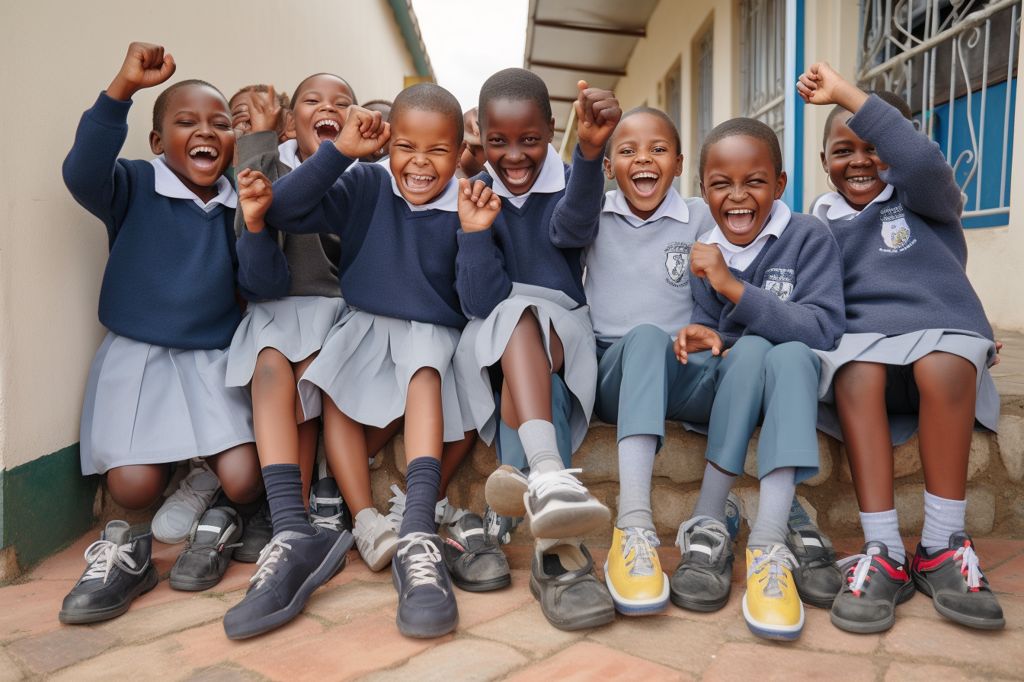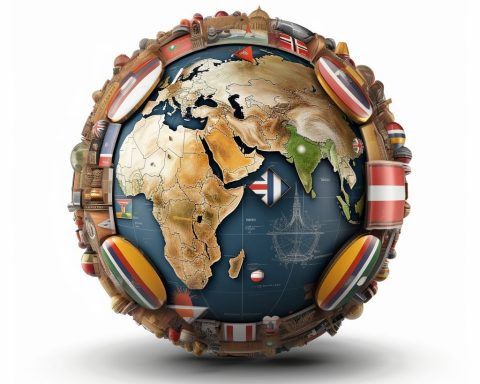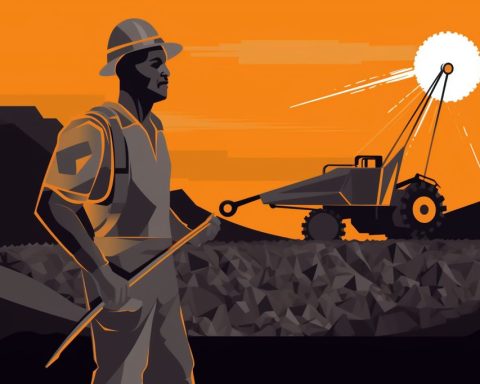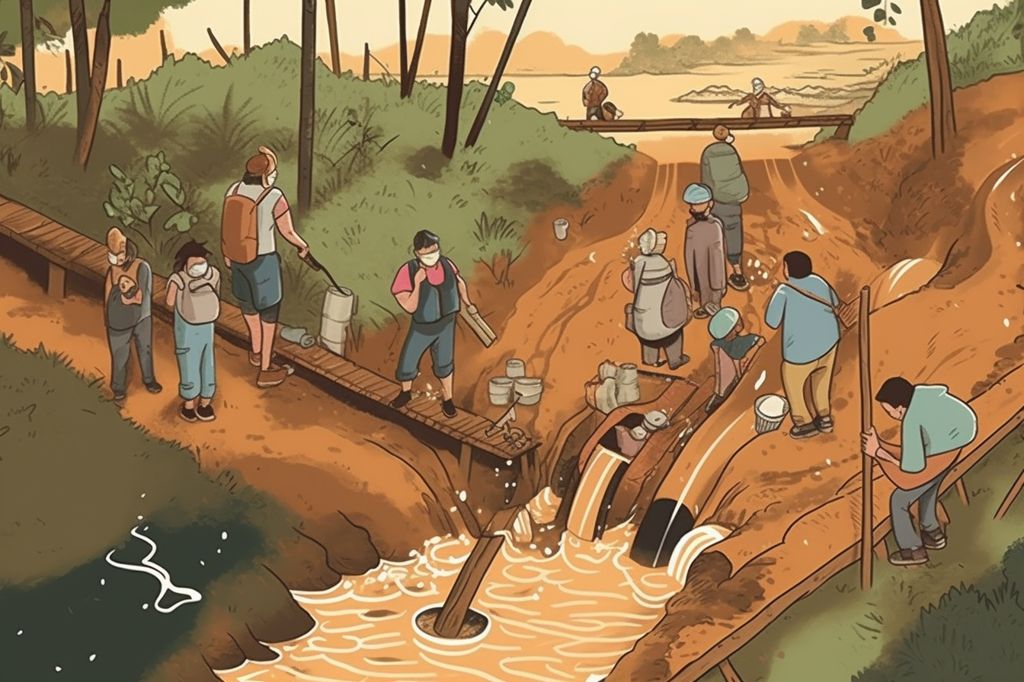On May 29, 2023, Gibela Rail’s Corporate Social Investment (CSI) programme gave 2,500 learners from 83 schools in the Geluskdal Primary School near Tsakane, Ekurhuleni, school shoes. Kedibone Diale-Tlabela, Gauteng MEC for Transport and Logistics, partnered with Gibela Rail CEO Hector Danisa in this heartwarming event.
The Gibela Make A Difference Programme
Gibela Rail’s CSI programme aims to uplift disadvantaged communities by addressing different aspects of education and development. The CSI programme focuses on various social development initiatives, including:
– Maths and Science programme for High Schools and TVET colleges
– Improvement of Early Childhood Development (ECD) facilities
– Training of ECD practitioners
– Donating mobile libraries to Gauteng schools.
Importance of School Shoes
Access to proper footwear is essential for the wellbeing and academic success of learners. School shoes enable learners to walk comfortably to school, participate in sports activities, and maintain good hygiene standards.
Educational Advancement
Gibela Rail’s Make A Difference Programme is committed to educational advancement. The Maths and Science programme for High Schools and TVET colleges aims to improve the quality of education in these subjects, which are fundamental for the development of skills required to excel in the modern workforce.
Early Childhood Development
Early Childhood Development is another key focus area of the CSI programme. By upgrading ECD facilities and training practitioners, the company aims to ensure that children receive the best possible start in life.
Promoting Literacy and Access to Knowledge
Gibela Rail also recognizes the importance of promoting literacy and access to knowledge. The donation of mobile libraries to Gauteng schools aims to bridge the gap in resources between well-funded schools and those in disadvantaged areas.
Inspiring Corporate Social Responsibility
The Gibela Make A Difference Programme is a testament to Gibela Rail’s commitment to making a positive impact on the communities they serve. By investing in the education and wellbeing of young people, the company is shaping a brighter future for South Africa.
Gibela Rail’s Make A Difference Programme, through events like the school shoes donation, serves as an inspiring example of corporate social responsibility in action. As the initiative continues to grow and evolve, it will be exciting to see the positive changes brought about by Gibela Rail’s commitment to social development and education.










